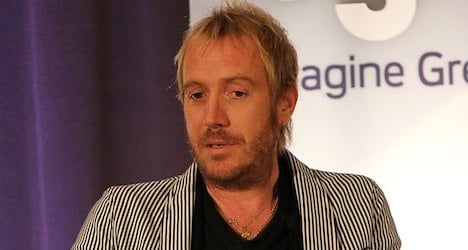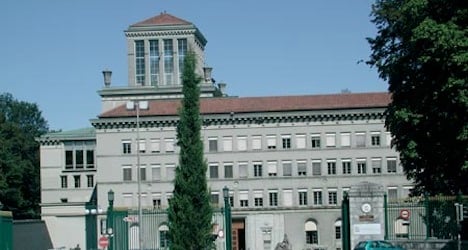Speaking on the sidelines of a World Trade Organization appeal hearing on the European Union's ban on the import and sale of seal products, Aglukkaq blasted opponents of hunting.
"Everybody, every family is concerned on the territories in Newfoundland, Labrador, Quebec and Nunavut," she told reporters on Monday.
"Sealers have the right to make a living like fishers or farmers with the resources of the region," she said.
All told, 6,000 people hunt seals commercially in Canada, chiefly in Newfoundland.
Canada and fellow seal hunter Norway want the WTO to overturn a ruling that it issued in November, in which it said that the EU ban imposed in 2010 did not breach global trade rules.
The WTO ruled that while there was merit in Norway and Canada's complaints, that was outweighed by the EU goal of addressing moral concerns about seal welfare.
"Pandora's box has been opened," said Aglukkaq.
"Tomorrow, perhaps there'll be a ban on lamb, or pork or poultry for moral reasons."
Canada and Norway appealed in January, and Monday saw the start of a three-day WTO hearing.
"We have lost a battle," Aglukkaq said, vowing to keep up the fight until the ban was voided.
Brussels argues that the EU public overwhelmingly favours the ban, and that scientific evidence backs claims that slaughter methods, such as using a club with a metal spike to stun seals before killing them, are cruel.
Movie actor and musician Rhys Ifans is the latest celebrity to back the ban, joining pinup and actress Pamela Anderson, who earlier spoke out in favour of the EU's position.
"EU nations have made it clear that they want no part in the seal slaughter, which is merely an off-season cash grab for the Canadian fishing industry and accounts for less than one per cent of Newfoundland's economy," said Ifans in a statement issued on behalf of animal rights group PETA.
He sent a letter to the WTO to back up the group's opposition to the hunt.
Norway and Canada have deployed counter-arguments from scientists, insisting that their seal-hunting methods are humane and no worse than those used in commercial deer-hunting, widespread in the EU.
The countries both kill tens of thousands of seals per year, and say hunting is an age-old method.
"We have a highly regulated industry, based on scientific data," said Aglukkaq.
"A healthy population of seals is not a large population of seals," she added.
Canada says the population of Greenland seals, the main species hunted, has tripled since the 1970s to reach 7.3 million.
The number of Grey seals has meanwhile risen 80-fold to 400,000.
While cute seal pups are often deployed by campaigners in their anti-hunting image war, the minister insisted that "we don't kill baby seals".
"The hunt is very humane, and sustainable. What is morally wrong is that interest groups have propagated false news and misinformation," she said, claiming that the goal was to fill campaigners' coffers with public donations.
Canada and Norway also say the ban is discriminatory because seal products from EU members Sweden and Finland enjoy unimpeded market access within the 28-nation bloc.
Canada's indigenous Inuits, who have traditionally hunted seal for centuries, are exempt from the ban but say it has ruined the market for their seal products.



 Please whitelist us to continue reading.
Please whitelist us to continue reading.
Member comments